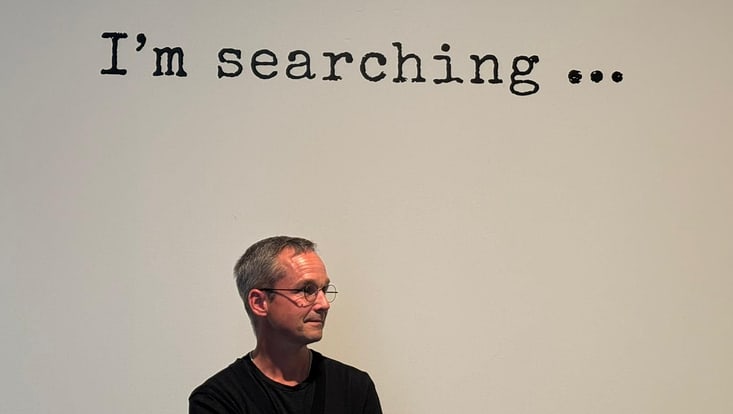Prof. Dr. Michael Schnegg

Curriculum
Prof. Dr. Michael Schnegg is an anthropologist at the University of Hamburg. He has conducted extensive ethnographic fieldwork in Mexico and Namibia. His current research explores what it is like to live a rural life in an increasingly urbanised and warming world. To this end, he is contributing to the development of a phenomenological anthropology that brings together philosophers and anthropologists to work towards an empirically grounded theorisation of pressing issues, including climate change. He co-founded the Hamburg Symposium on Philosophy and Anthropology with Thiemo Breyer (philosophy, Cologne University), which has become an important venue for these discussions. His work has been published in a wide range of journals in anthropology, sociology, economics, communication studies, geography and theoretical physics.
Publications (selection)
- Schnegg, Michael. 2023. "Phenomenological Anthropology: Philosophical Concepts for Ethnographic Use." Zeitschrift für Ethnologie 148 (1): S. 59–102. https://doi.org/https://doi.org/10.60827/zfe/jsca.v148i1.1265.
- Schnegg, Michael. 2025. "Collective Loneliness. Theorizing Emotions as Atmospheres." Current Anthropology 66 (2): S. 206–231. https://doi.org/http://dx.doi.org/10.1086/734796. https://www.journals.uchicago.edu/doi/abs/10.1086/734796.
- Schnegg, Michael, and Richard Dimba Kiaka. 2018. "Subsidized Elephants: Community-based Resource Governance and Environmental (In)justice in Namibia." Geoforum 93: S. 105–115. https://doi.org/https://doi.org/10.1016/j.geoforum.2018.05.010. https://www.sciencedirect.com/science/article/pii/S0016718518301490.
- Schnegg, Michael, and Thiemo Breyer. 2022. "Empathy Beyond the Human. The Social Construction of a Multispecies World." Ethnos 89 (5): S. 8488–69. https://doi.org/https://doi.org/10.1080/00141844.2022.2153153.
- Schnegg, Michael. 2024. "Culture as Response." Ethos 52 (2): S. 308–323. https://doi.org/https://doi.org/10.1111/etho.12427. https://anthrosource.onlinelibrary.wiley.com/doi/abs/10.1111/etho.12427.
Research project: Climate Hope
In recent years, negative climate emotions such as anxiety, fear and despair have attracted the attention of scholars and the public alike. While these emotions may inspire climate action, they are also increasingly leading to mental health issues, social strain and political paralysis. Against this backdrop, there have been calls for more hope in the face of the climate crisis. The argument is that a society cannot remain in a state of panic without considerable psychological and social costs, and that hope is necessary to develop positive visions of the future. While my previous work (in collaboration with Julian Sommerschuh) explored the conditions under which climate hope can emerge, especially in the Global South, this project aims to demonstrate the effects that climate hope can have. To do so, I draw on phenomenological conceptualisations of hope (Gabriel Marcel) and related concepts, especially the notion of natality found in Hannah Arendt's work. Furthermore, I will consider indigenous theocratisations of hope, or more broadly, positive expectations to overcome stages of powerlessness and despair. Preliminary research indicates that these conceptions are strongly embodied, indicating the body parts in which hopefulness can grow and get stronger (such as the lungs or the heart).
